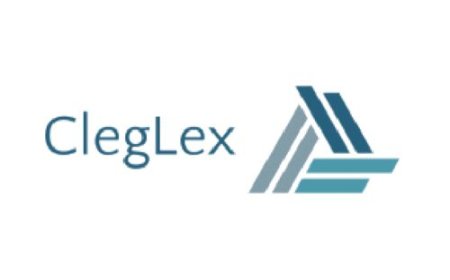What Does Esquire Mean?

If youve noticed the term Esquire or the abbreviation Esq. following a lawyers name, you might wonder: What does Esquire mean? Is it just a formal title, or does it hold a specific legal significance? Knowing the esquire meaning can help you identify qualified lawyers and better understand their role.
In this article, well explain what Esquire means, how lawyers earn this title, and how it differs from other common legal terms.
What Is the Meaning of Esquire for Lawyers?
The title Esquire, often shortened to Esq., is primarily used in the United States to denote a licensed attorney. While the term originally referred to a person of high social standing, today it specifically indicates someone authorized to practice law.
For example, when you see Michael Davis, Esq., it means Michael Davis has passed the bar exam and is legally permitted to represent clients. Lawyers typically use this title in written documents such as letters and contracts, but rarely introduce themselves as Esquire in everyday speech.
How Does One Earn the Title Esquire?
To use the title Esquire, an individual must:
-
Graduate from Law School: Complete an accredited law degree program.
-
Pass the Bar Exam: Successfully pass the bar examination in their state or jurisdiction.
-
Become Licensed: Obtain a license to practice law officially.
Only after completing these steps can a lawyer add Esquire after their name.
Is Esquire the Same as Attorney?
While often used interchangeably, Esquire and attorney have distinct meanings. An attorney is someone trained and licensed to represent clients in legal matters. Esquire is a formal title signifying that the attorney is licensed to practice law.
All licensed attorneys may use the title Esquire, but not everyone with a law degree qualifies as an attorney or can use this title unless they have passed the bar.
Is Esquire Used Outside the U.S.?
The title Esquire is most common in the United States. In the United Kingdom, it historically denoted social rank and is occasionally used for lawyers today. Other countries have their own legal titles:
-
Canada: Barrister or Solicitor
-
France: Avocat
-
Germany: Rechtsanwalt
Each title identifies licensed legal professionals within their respective systems.
Other Legal Titles You Should Know
Here are some additional legal titles you might encounter:
-
Attorney-at-Law: A formal designation for a licensed lawyer.
-
Counselor: A respectful term for a lawyer, especially in court.
-
Barrister: A lawyer who specializes in courtroom advocacy in certain countries.
-
Solicitor: A legal professional who manages client advice and documentation.
-
Judge: An official who presides over legal proceedings.
-
Paralegal: Legal assistants who support attorneys but cannot provide legal advice.
Why Its Important to Understand Legal Titles
Knowing what Esquire means helps you recognize who is qualified to give legal advice or represent you. If you receive a letter from someone with Esq. after their name, you can trust they are a licensed attorney.
This understanding is particularly important when dealing with legal matters like disability claims or workers compensation, where professional legal help can be critical.
How to Address a Lawyer
When speaking to a lawyer, its polite to use Mr. or Ms. followed by their last name (e.g., Mr. Johnson or Ms. Clark). In formal writing, addressing them as John Johnson, Esq. is appropriate. However, lawyers rarely introduce themselves as Esquire in personits mainly a written title.
Conclusion: What Does Esquire Mean?
The title Esquire is a mark of a lawyers professional standing, showing they have graduated law school, passed the bar exam, and are licensed to practice. Understanding this title helps you identify qualified attorneys who can provide legal representation and advice.
If you need legal support, knowing who carries the Esquire title can help you find trusted professionals.
Need legal assistance? OAS Vocational Experts provide free case evaluations to help you explore your options with no upfront fees.









































